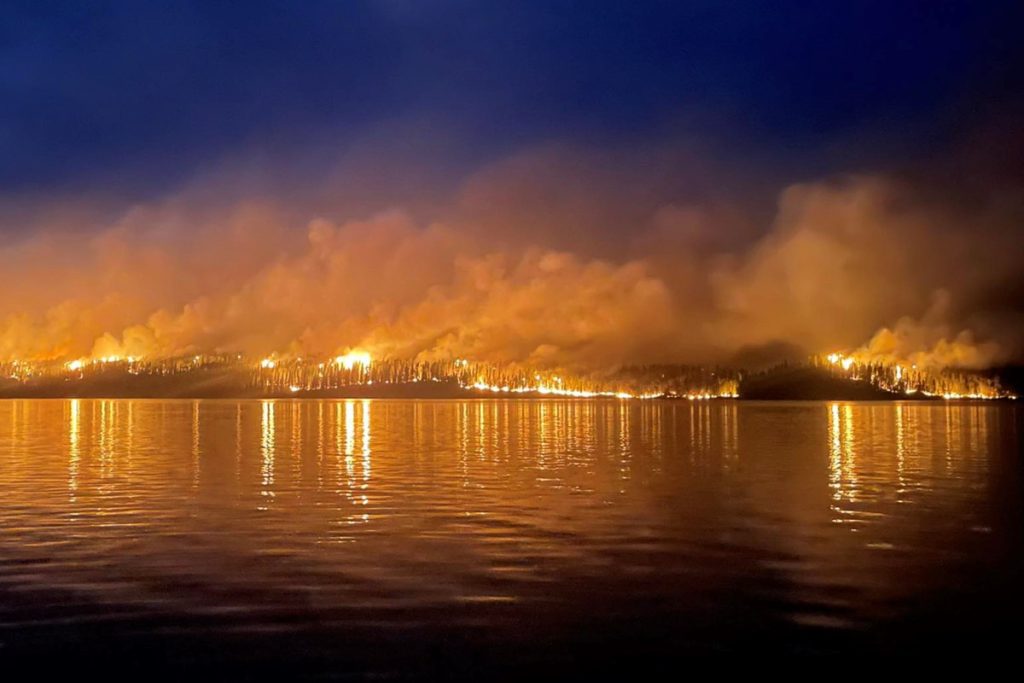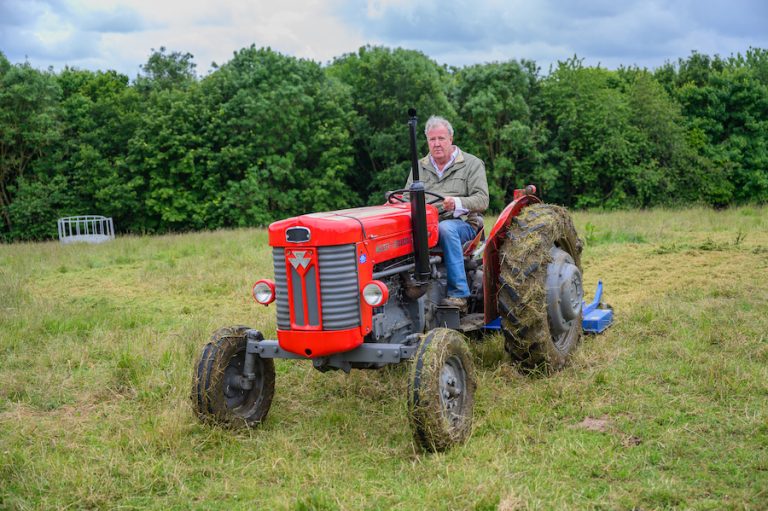
Webequie First Nation declared state of emergency Thursday due to nearby wildfire; initial stage of evacuation expected to bring around 390 people to Barrie
With the out-of-control wildfires spreading across northwestern Ontario, hundreds of local residents in that area were being evacuated to southern communities Monday, including Barrie.
Webequie First Nation, located about 540 kilometres north of Thunder Bay, declared a state of emergency Thursday because of a wildfire burning within a kilometre of the community, Canadian Press reported.
Approximately 400 residents from Webequie First Nation are expected to be transported to Barrie as part of the first phase of an evacuation plan which prioritizes elders, children and people with medical conditions.
“These are people with certain medical issues and requirements, with the most vulnerable taken out of the community first, along with their family members and support,” Joe Tom Sayers, acting chief executive officer with ISN Maskwa, explained.
ISN Maskwa is a First Nation-owned company based in Sault Ste. Marie, and focuses mainly on First Nation-led emergency management response. Prior to this year, the company had managed around 20 community evacuations.
This initial stage of the evacuation is expected to bring around 390 people to Barrie, where they will be housed in local hotels.
“The flights are happening today, so it should take a couple days to get everybody in on the flights, and settled into their rooms and the routines,” Sayers added.
The company is also on standby for a potential full evacuation of Webequie if required.
“(It) may mean another 600-plus community members (to Barrie) … but at this point, we’re just focused on stage one,” Sayers added.
“We actually had some folks in Barrie from Kashechewan First Nation during their flooding evacuation a few weeks back, so we already had established relationships with local hotels, the health system in Barrie, city management, as well as Emergency Management Ontario were involved — and are involved in this one as well, along with Indigenous Services Canada, and with the chief and council of Webequie (who) have all been a part of the process,” he added.
ISN Miskwa is managing the transportation needs from the airport to the hotels, as well as rides to local hospital for medical treatment.
“We have a health lead navigator that supports the community and works with the health system to make sure people have appointments for treatment and follow-ups,” Sayers said.
The company also provides recreational activities, “so they are not just sitting in their rooms for days on end,” he said.
As for the City of Barrie and its involvement, Barrie Fire and Emergency Service has had meetings with ISN Maskwa to “stay in the loop as to what is going on,” according to Deputy Chief Eric MacFadden.
“We will support with any needs they may have … with the medically vulnerable people that will be evacuated,” he said.
When ISN Maskwa hosted Kashechewan First Nation residents last year, there was positive feedback from the community, Sayers said.
“There is a lot of Indigenous organizations that pitched in last year to create an amazing schedule for different cultural activities that the community really enjoyed, so we are looking forward to making that available for Webequie as well, so their overall experience will be a positive one, to take home with them once the threat goes away,” Sayers added.
How can people in Barrie assist with helping the community while they are here?
“We do have the Canadian Red Cross (CRC) involved with these evacuations, so they can donate to the CRC, and that makes its way not just to the local evacuation, but other evacuations that are happening across the country,” he said.
Sayers said other service organizations within Barrie may already be involved, and people can reach out to them and ask if they are assisting with donations to help support the community while they are here.
Many groups are pitching in to help, including the Ministry of Natural Resources as well as Emergency Management Ontario.
As for ISN Maskwa, their model is built on First Nations helping First Nations.
“We know now, given the severity of the fire season starting so early and so widespread, that it’s really all hands on deck … and First Nations are able to step up see how they can support their brothers and sisters,” Sayers said.





